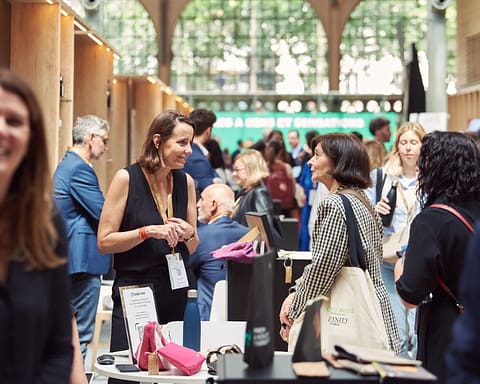PARIS, July 27 (Reuters) – Sales at French luxury group Kering’s top brand Gucci rose by just 4% in the second quarter, the group said on Wednesday, as a new round of lockdowns weighed on revenues in the key Chinese market.
Overall sales for Kering, which is also home to fast-growing labels Saint Laurent and Bottega Veneta, came in at 4.97 billion euros ($5.03 billion), up 12% on a comparable basis.
The figure was above market expectations for revenues of 4.44 billion euros according to a Visible Alpha consensus cited by UBS.
Gucci’s 4% growth in the three months to June compared with a 19% rise over the same period for sales at LVMH’s fashion and leather goods division, led by the Louis Vuitton and Dior brands.
It also marked a slowdown from 13% growth for Gucci sales in the first quarter of the year.
Luxury groups have tapped strong post-pandemic demand for designer labels as socialising resumes and shoppers spend savings accumulated during the pandemic, brushing off concerns about volatile stock markets and rising prices.
After years of stellar growth Gucci, which accounts for more than half Kering’s revenue and the bulk of its profit, has suffered more than some rivals in recent quarters as it is more exposed to the Chinese market and to international tourist flows, which have not returned to normal.
The group’s finance chief, Jean-Marc Duplaix, told reporters it had seen an improvement in China in June as movement restrictions were gradually lifted, and pointed to new collections and price increases helping Gucci’s sales, particularly in Europe and the United States.
“The Chinese market was impacted by measures to fight COVID, of course, even if June began to show some improvement as these measures eased up,” Duplaix said, adding that as much as 35% of Gucci’s stores in the country were closed in April and May.
The group is working to reinforce its Gucci management teams in China and is maintaining investments like store openings in the country, he said.
Kering continues to consider the Chinese market “absolutely key” with growth potential that remains “intact in the long run,” he added.
Higher marketing expenses to support the label meant its operating margin declined to 36.5% in the quarter, compared with more than 41% for LVMH’s fashion brands.
($1 = 0.9876 euros)
Reporting by Mimosa Spencer, editing by Silvia Aloisi and David evans
Read also > LVMH improves its operating profitability in the first half
Featured photo : © Kering




































